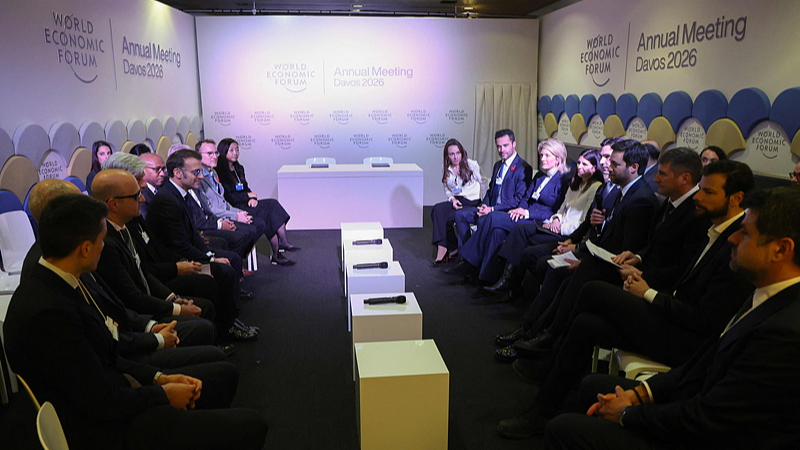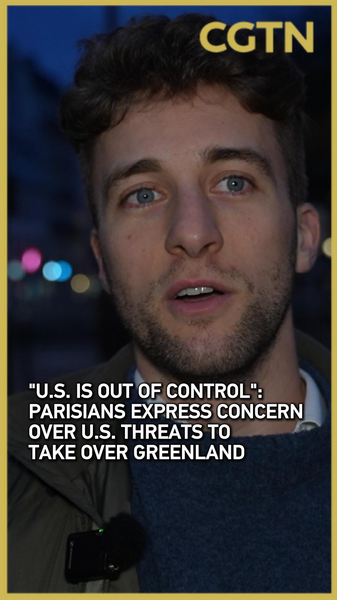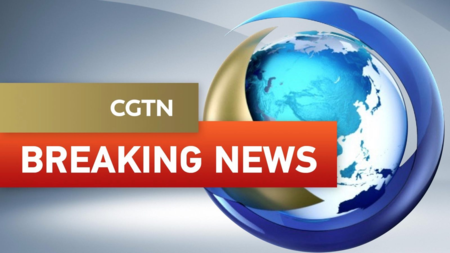Egypt’s Red Sea resort city of Sharm el-Sheikh is gearing up to host a landmark summit on Monday, bringing together over 20 world leaders to bolster the Israel-Hamas ceasefire and ignite a broader Middle East peace process. Co-chaired by Egyptian President Abdel Fattah al-Sisi and U.S. President Donald Trump, the meeting aims to finalize an agreement for war-ending measures, regional stability, and reconstruction efforts. 🌍✌️
Last week, a three-day ceasefire took effect after intense talks in Sharm el-Sheikh involving delegations from Israel, Hamas, and mediators from Egypt, Qatar, Türkiye, and the United States. As part of the initial plan, Israeli forces will withdraw from key areas in Gaza City, Khan Younis, Rafah, Beit Lahia, and Beit Hanoun. Five border crossings are set to open for humanitarian aid, while hostages and prisoners on both sides are expected to be released.
Main goals
Political analysts in Gaza say the summit has three main objectives: reinforce the truce, lay out reconstruction mechanisms, and map out a political path toward lasting regional security. Gaza-based analyst Hussam al-Dajani notes that the meeting "is mainly intended to consolidate the ceasefire and provide guarantees that the war will not recur." He hopes discussions will also cover Gaza’s rebuild and security cooperation. 🏗️🤝
Prospects and challenges
Despite the positive vibe, experts doubt the summit will tackle the core issues of the conflict. Ramallah-based analyst Jihad Harb believes the focus will remain on solidifying the ceasefire and possibly negotiating more detainee releases. "The current circumstances are not conducive to achieving lasting peace in the foreseeable future," he says, pointing out that the U.S. proposal lacks clarity on the structure and sovereignty of a future Palestinian state.
Both Harb and al-Dajani agree that real progress depends on a clear U.S. stance and strong international pressure on Israel, whose government still rejects a Palestinian state. If successful, they argue, a stable truce could ease tensions involving Israel, Lebanon, Iran, Syria, and the Houthis in Yemen. But failure could trigger renewed escalation and wider conflict. ⚠️
U.S. role and Arab reactions
Political analyst Esmat Mansour says Washington’s involvement aims to reassert its influence in the region and protect Israel from growing isolation. Gulf states have offered cautious support, viewing the ceasefire as a de-escalation step. Yet many Arab countries will judge the summit by Washington’s credibility in addressing the Palestinian issue fairly. 🏛️
Hamas spokesperson Hazem Qassem expressed hope that the summit will stabilize Gaza and speed up relief and reconstruction, while local residents like Mohammed Awad remain cautiously optimistic. "This could open a genuine political process that ends the cycle of war," Awad says. Only time will tell if words turn into real change. ⏳🌱
Reference(s):
Will Egypt summit pave way for peace in Gaza and Middle East?
cgtn.com




